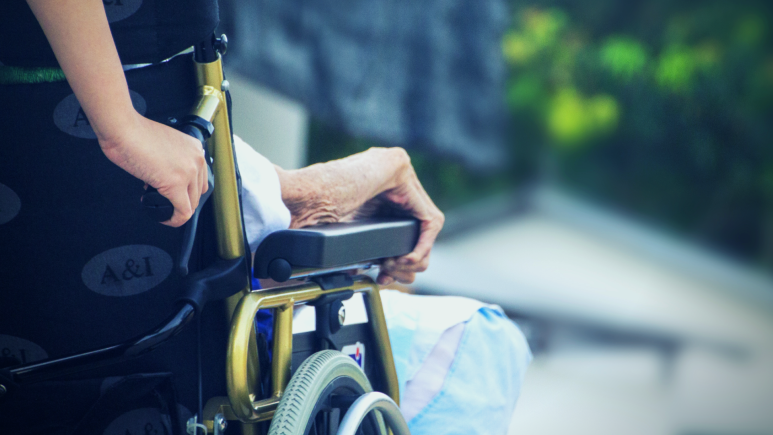
Despite having reproduced for millennia, humans continue to marvel at the mind of a child and the way it tries to piece together the coalition of chaos that is life. This often provokes brutally honest and usually quite amusing reactions to social situations, which arise from the ignorance of complex societal norms created by adults with the sole purpose to make other’s lives as miserable as their own. A child’s views on disability are no exception to this, and in particular young children will not treat someone in a wheelchair differently to someone who can walk. They also occasionally think we’re mermaids.
One summer, I was browsing the isles of the local supermarket searching for a birthday present when a little girl with blonde pigtails and big blue eyes tottered round the corner, almost into my wheelchair. She stopped and looked up at me, before asking in earnest;
“Are you poorly?”
I smiled and confirmed this.
“Will you get better though?” she continued.
“Hopefully,” I said in reply.
“And you’ll be able to walk like me?” she asked.
“Absolutely,” I returned.
Throughout this exchange, the blonde woman who I presume was the girl’s mother looked utterly mortified and desperately tried to coax her daughter away. I looked up at her, smiled, and said it was absolutely fine. I would much rather children ask the questions they want to ask instead of staring silently at me, so as to break the taboo surrounding disability. Children are remarkably robust when facing the negative aspects of life, and are rarely as perturbed as we might have assumed. As such, disability and sickness should not be hidden from children, as it is simply a part of real life.
Sometimes, children have wonderful reactions if they see that the adults they are with have blocked the path of a wheelchair. In many instances children have pulled prams, bags, baskets, or even the adults themselves out of the way, allowing me to pass safely. On a good few of these occasions, the adults have even received a ticking off from the children. My personal favourite occurred after a distracted mother let a door swing shut in my face. Her son, a boy of maybe 6 or 7 years old, came back and held the door open for me. His mum called out for him to stay with her in a somewhat irritated tone, and in response the boy told her he’d only tried to be nice, as she had taught him. He then attempted to say it was “hypocritical” without much success, which fortunately broke the ice and the mother relaxed and apologised.
At other times, it has been me who has been the first to speak to a child if the situation calls for it. A young girl fell from her scooter in the local park and as the first adult to reach her I quickly asked if she was OK and handed her a tissue to wipe her tear-stained cheeks. Her injuries were minor, superficial scrapes to the skin, but the shock of the fall seemed to be what had upset her. I remembered doing almost exactly the same thing ten years before, on another hill within the same park, and said as much which made her smile. Seconds later her dad arrived, almost out of breath from trying to stay upright on the slightly slippery path. He smiled and they both thanked me before we went our separate ways, without making any unnecessary fuss, nor querying whether my own fall was in any way related to my disability. I was quietly relieved that the interaction was perfectly normal and not blown out of proportion just because I happened to use a wheelchair.
The ignorance of these children towards the taboo surrounding disability did not bring bliss to themselves alone but also to me as a disabled person, and I can only hope that as they grow and develop their inclusive attitude is unmarred by the loss of their ignorance.

So so true. I much prefer when a child is allowed to ask me why I am in a wheelchair than when their parent is pulling them away saying not to be rude. Wanting to understand the world isn’t rude. Disability should and is becoming the norm to younger generations.
LikeLiked by 1 person
I can understand why the parents would be embarrassed though; some people do seem to take offense to it. I always make sure the parent knows I’m not offended.
LikeLiked by 1 person